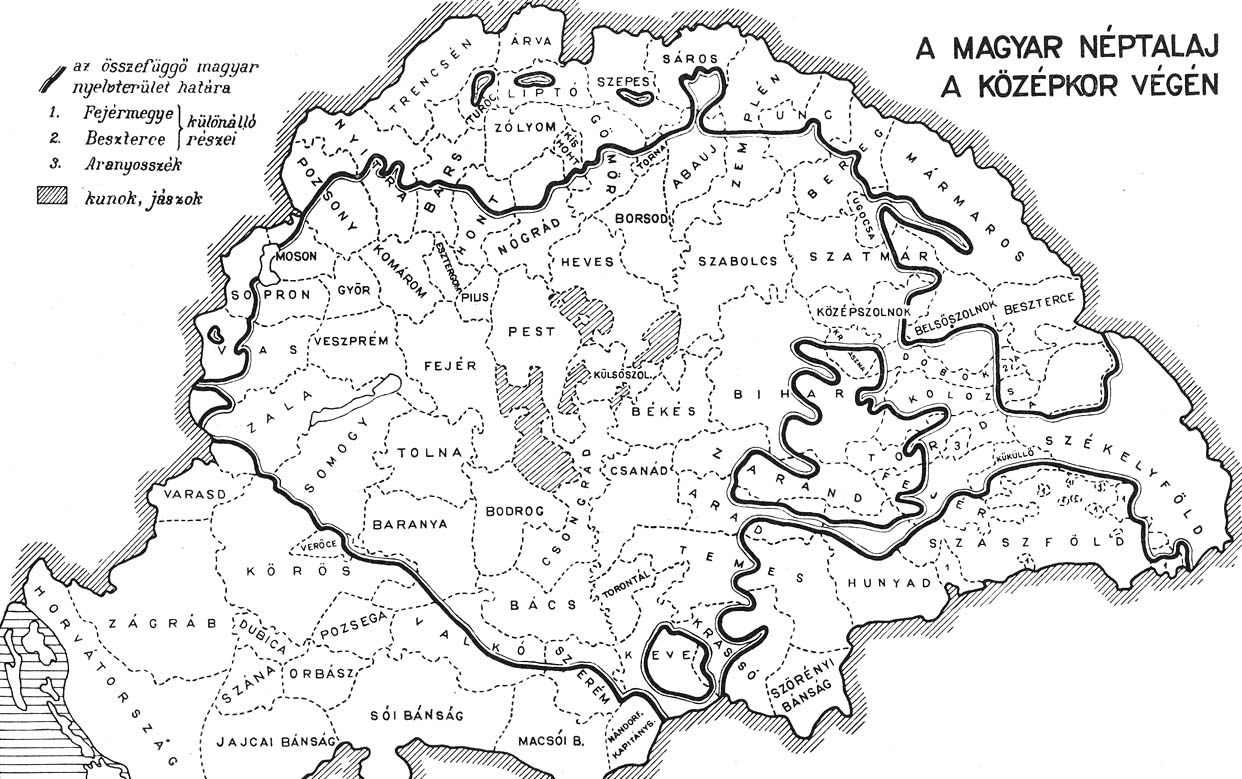But it is also a very good way to alter the demographics of Croatia and *Voivodina with lots of Serbs, resulting in the future loss of Voivodina and the Yugoslav Wars.
Well, that's quite far in the future though and in any case the Hungarian kingdom was already quite an ethnic mosaic, so much that by the time nationalism/mass literacy/industrialisation arrive it will have to federalise or find some other way of power sharing between the various ethnicities if it doesn't want to collapse into a bloody mess of interethnic warfare. Those are very long term trends though, mere speculation at this point. However, could the "military frontier" maybe be settled with Germans or Bohemians? Faraway from their "parent" countries, they would at most call for cultural and administrative autonomy, not independence even in modern times ans befire that they should be natural allies of the central power.
If Bohemia is retained, Hungary will be quite strong, but likely to be sucked into German problems/warfare, especially in an equivalent to otl's thirty years war.
